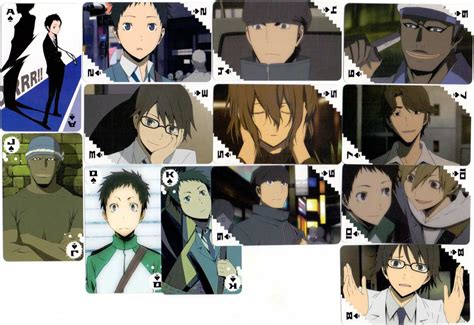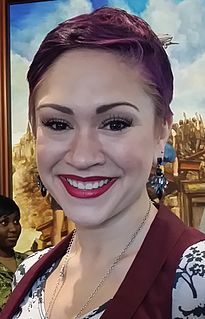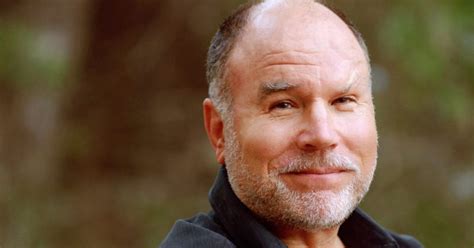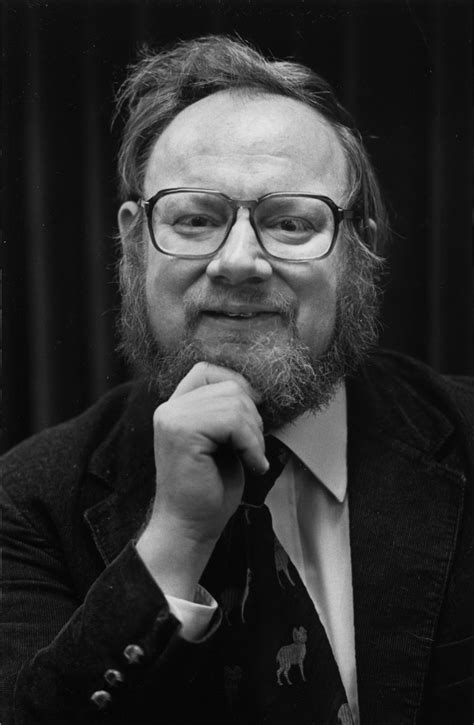A Quote by Ryohgo Narita
If reality is as equally valuable as fiction, then you should just chalk up the parts of the past you don’t need to your imagination
Related Quotes
Fiction is not imagination. It is what anticipates imagination by giving it the form of reality. This is quite opposite to our own natural tendency which is to anticipate reality by imagining it, or to flee from it by idealizing it. That is why we [Europeans] shall never inhabit true fiction; we are condemned to the imaginary and nostalgia for the future.
Imagination helps you to recognize the reality of facts, but then to go beyond them, to penetrate beneath them, to rise above them in your search for creative answers to problems. Imagination "stirs up the gift of God in thee." Through your imagination you touch and express the inspiration of the Infinite. Imagination, in the words of Shakespeare, "gives to airy nothing a local habitation and a name." You reach into the heavens to grasp an idea, then you bring it down to earth and make it work.
I teach you that there is no other aim than to live with such totality that each moment becomes a celebration. The very idea of "aim" brings future into the mind, because any aim, any end, any goal, needs future. All your goals deprive you of your present, which is the only reality you have. The future is only your imagination, and the past is just footprints left in the sands of your memory. Neither is the past real anymore, nor is the future real yet. This moment is the only reality.
This fact was something I also learned from this first novel that I needed personal experience to invent, to fantasize, to create fiction, but at the same time I needed some distance, some perspective on this experience in order to feel free enough to manipulate it and to transform it into fiction. If the experience is very close, I feel inhibited. I have never been able to write fiction about something that has happened to me recently. If the closeness of the real reality, of living reality, is to have a persuasive effect on my imagination, I need a distance, a distance in time and in space.
Until film is just as easily accessible as a pen or pencil, then it's not completely an art form. In painting, you can just pick up a piece of chalk, a stick, or whatever. In sculpture, you can get a rock. Writing, you just need a pencil and paper. Film has been a very elitist medium. It costs so much money.





































